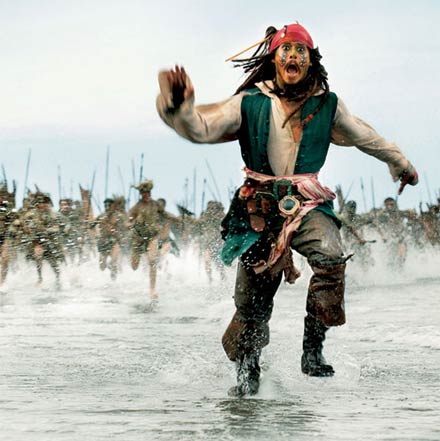
Not quite, but there certainly won't be any new ones made by the U.S. anytime soon. This will help end the argument that America is hypocritical on wanting countries to end their nuclear programs when we have our own. Apparently this move towards nonproliferation is a way to convince other countries to stay in line with the 1968 Nuclear Non-Proliferation Treaty or NPT.
This treaty involves 187 parties with 5 being nuclear weapon states (China, Russia, U.S., United Kingdom, and France). The NPT was a move to try and move past the Cold War and build confidence that nuclear weapons would not be used and that the countries who have nuclear capabilities would not sell weapons to spread the technology. Although the NPT was signed almost 42 years ago, it still is having a rippling effect in policy decisions that are occuring in the White House now. Only 4 countries have not signed on to the treaty. Name them (highlight for the answer)===>Cuba, Israel, Pakistan, and India.





